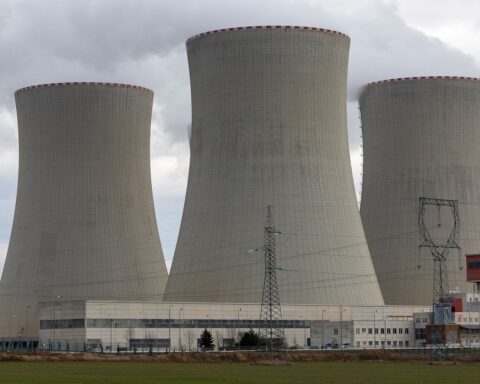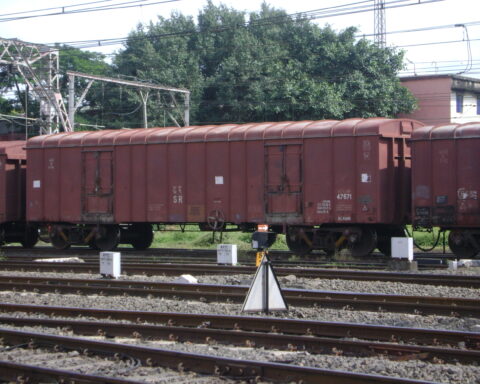The U.S. Department of Energy (DOE) is awarding a total of $142 million to small businesses in 34 states. This funding will support 123 projects areas such as clean energy and decarbonization, cybersecurity and grid reliability, fusion energy and nuclear nonproliferation.
The DOE’s Small Business Innovation Research (SBIR) and Small Business Technology Transfer (STTR) programs convert scientific and technological advancements into practical products and services, bridging the gap between the lab and commercialization. The programs also promote the development of specialized technologies and instruments that contribute to further scientific discovery.
These selections are for Phase II research and development. Small businesses that proved the technical feasibility of their innovations during Phase I grants competed for funding in Phase II to develop prototypes and processes. Previous Phase II awardees also competed for second or third Phase II awards to further advance development.
The median Phase II award amounts to $1.1 million over a two-year period. Funding for the selected projects is provided by various DOE offices, including Cybersecurity, Energy Security and Emergency Response; Defense Nuclear Nonproliferation; Energy Efficiency and Renewable Energy; Electricity; Environmental Management; Fossil Energy and Carbon Management; Nuclear Energy; and the Office of Science.
Projects selected for funding include:
- EcoLong LLC, Slingerlands, N.Y.: Hybrid Cyber Protection for Distributed Energy Resources (DER) Operational Technology. This project will investigate cybersecurity options to ensure safe deployment and reliable operation of DERs within the smart grid, addressing increasing risks to the power grid from security attacks and extreme weather events as DERs become more widespread.
- Gulf Wind Technology, Avondale, La.: Passive Loadshedding Trailing Edge. This research aims to develop on-blade load management techniques to reduce wind turbine costs by assessing the operating conditions of larger turbine blades, including those caused by hurricanes.
- MAAT Energy Company, Cambridge, Mass.: Novel Plasma Catalysis Reformer of CO2 for Power to Jet Fuel and Energy Storage. This proposal focuses on an efficient atmospheric microwave plasma process that uses renewable electricity to convert CO2 into jet fuel, catering to the need for low-emission, high-energy-density fuels in aviation.
- Nielson Scientific LLC, Lehi, Utah: Scalable High-density Superconducting Flex Cables and Circuits. This project seeks to develop a new manufacturing technique to create high-density superconducting flex cables, addressing the current lack of scalable and cost-effective solutions for space instruments and quantum computers.
- Pitch Aeronautics Inc., Boise, Idaho: Drone-deployable Transmission Sensor Unit. This proposal introduces a sensor that can be deployed by drones to monitor conditions along electric transmission lines, allowing for dynamic line rating and improving grid capacity, reliability and efficiency while supporting renewable energy integration and reducing costs from power generation curtailment.
- Rivis Inc., Raleigh, N.C.: Rugged High Performance X-ray Tube. This project is developing a high-current electron source for robust X-ray tubes, aimed at increasing X-ray production for applications such as materials processing, cargo inspection and medical device sterilization.
- SHINE Technologies, Janesville, Wis.: Investigation of Xenon and Krypton Capture with Porous Materials. This project explores the use of permeable glass materials to capture and store radioactive krypton and valuable xenon gases from used nuclear fuel, aiding in waste recycling.
- Sydor Instruments LLC, Fairport, N.Y.: Plasma Electrode Pockels Cells for Inertial Fusion Facilities. This proposal continues to advance the development of plasma electrode Pockels cells, a technology crucial for realizing commercial nuclear fusion power plants, potentially supporting new start-ups in the emerging field of inertial fusion energy.
The full list of projects selected for awards is available on DOE’s Office of Science website. Before any funding is granted, the DOE and the applicants will engage in a negotiation process, and the DOE reserves the right to cancel negotiations and withdraw the selection at any time.
Photo by Jefferson Santos on Unsplash













